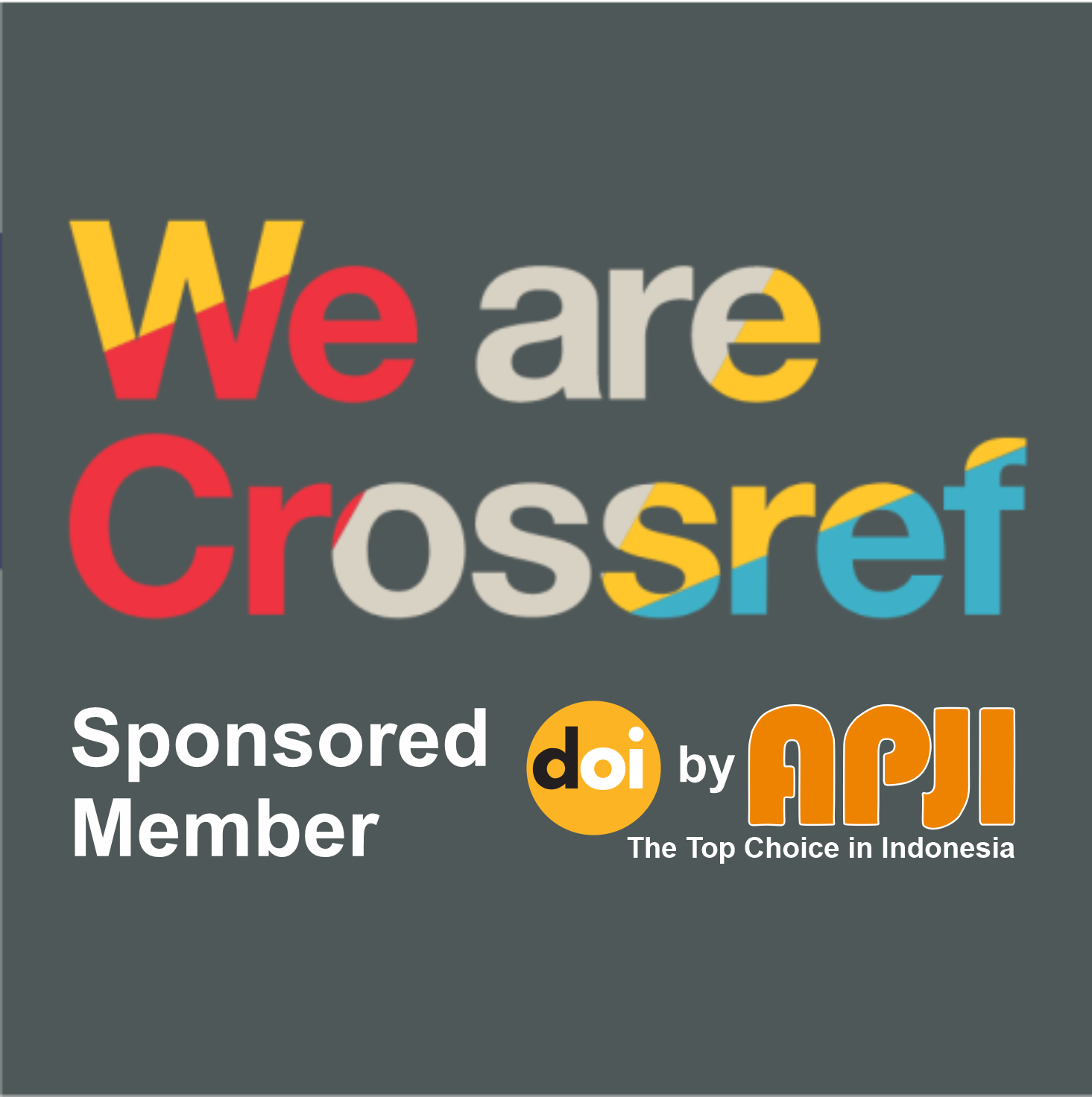Development of an Islamic Education Curriculum that is Responsive to the Needs of the Times
Keywords:
Curriculum Development, Islamic Education Curriculum, Modern NeedsAbstract
Amid rapid global shifts in social, cultural, technological, and economic domains, Islamic education curricula are increasingly viewed as traditional and insufficiently adaptive to the demands of the 21st century. This study aims to critically analyse the current state of the Islamic education curriculum, identify contemporary needs and competencies relevant to the modern era, and propose a responsive curriculum development model rooted in Islamic values and syariah principles. The research employs a Systematic Literature Review (SLR) methodology, using content analysis of scholarly literature from peer-reviewed journals, academic books, and credible scientific studies related to curriculum development, Islamic pedagogy, and global education trends. Findings reveal a significant gap between the competencies demanded by contemporary society, such as critical thinking, digital literacy, creativity, collaboration, and global awareness, and the focus areas emphasised in the existing Islamic curriculum, which often remain centred on rote learning and classical religious sciences without contextual integration. This gap threatens the relevance and competitive edge of Islamic education in a fast-evolving global landscape. The study concludes that urgent, strategic, and innovative curriculum reform is needed to align Islamic education with modern educational paradigms while maintaining its foundational values. A transformative curriculum model that integrates syariah-based ethical frameworks with 21st-century competencies is essential for preparing Muslim learners to become globally competitive, socially responsible, and spiritually grounded individuals. This research contributes a conceptual foundation for future curriculum reforms in Islamic educational institutions seeking to bridge tradition with transformation.
References
Afrizal, A. F. (2023). Manajemen Pendidikan Islam pada Era Revolusi Industri 4.0 Di MAN 2 Kota Jambi. Jurnal Literasiologi, 10(2). https://doi.org/10.47783/literasiologi.v10i2.588
Ahmad Sahid, T., Ahmad Yani, Nina Karlina, & Ari Yandi Hidayat. (2024). Leadership Model of the Nurul Barokah Cikijing Majalengka Islamic Boarding School Kyai: (Between Tradition and Innovation). TOFEDU: The Future of Education Journal, 3(5), 2153–2161. https://doi.org/10.61445/tofedu.v3i5.364
Burgos, D. (2024). Literature Review: Systematic Review. Dalam Rituals and Music in Europe: An ethnological study through data analytics (hlm. 9–17). Springer Nature Switzerland. https://doi.org/10.1007/978-3-031-54431-6_2
Chen, M., Wang, Z., Liang, L., Ma, Z., & Liu, Y. (2024). Typical Practical Cases in Blended Learning. Dalam M. Li, X. Han, & J. Cheng (Ed.), Handbook of Educational Reform Through Blended Learning (hlm. 231–378). Springer Nature Singapore. https://doi.org/10.1007/978-981-99-6269-3_6
Hadeler, A. (2025). Systematic Literature Review. Dalam The Relationship between Family Influence, Culture, and Digital Transformation: An Inquiry into German and Chinese Family Firms (hlm. 41–102). Springer Fachmedien Wiesbaden. https://doi.org/10.1007/978-3-658-47143-9_3
Khine, M. S. (2024). Ethics, and the Future of Education in an AI-Driven World. Dalam M. S. Khine (Ed.), Artificial Intelligence in Education: A Machine-Generated Literature Overview (hlm. 629–735). Springer Nature Singapore. https://doi.org/10.1007/978-981-97-9350-1_6
Mariyah, S., Mariyamah, M., Sagita, H., Satrio, Hasibuan, L., & Anwar, K. (2022). Negara, Politik dan Pendidikan Agama (Pendidikan Agama Dalam Sistem Pendidikan Nasional) dan Teori Globalisasi Dan Revolusi Modern Dalam Perspektif Pendidikan Islam Dan Kebudayaan di Indonesia. Jurnal Ilmu Multidisplin, 1(2), 314–325. https://doi.org/10.38035/jim.v1i2.43
Mubarok, R. (2021). PERAN DAN FUNGSI KURIKULUM DALAM PEMBELAJARAN PENDIDIKAN AGAMA ISLAM MULTIKULTURAL. Jurnal studi Islam Lintas Negara, 3(2). https://doi.org/10.37567/cbjis.v3i2.984
Muzedi, H., & Husni, M. (2025). Pengembangan Kurikulum Pesantren di Era Modern. IHSAN: Jurnal Pendidikan Islam, 3(1). https://doi.org/10.61104/ihsan.v3i1.757
Ramadhoni Aulia Gusli, Silfia Hanani, Muaddyl Akhyar, & Kurnia Mira Lestari. (2024). PERSPEKTIF AUGUSTE COMTE TENTANG PERKEMBANGAN PENDIDIKAN ISLAM DI PONDOK PESANTREN NURUL YAQIN RINGAN-RINGAN. An-Nahdlah: Jurnal Pendidikan Islam, 4(2), 404–411. https://doi.org/10.51806/an-nahdlah.v4i2.284
Riyadi, S., Firdaus, A. S., Yennizar.N, Yennizar. N., & Latif, M. (2025). Landasan Pengembangan Kurikulum Pendidikan Islam. RIGGS: Journal of Artificial Intelligence and Digital Business, 4(2), 712–720. https://doi.org/10.31004/riggs.v4i2.558
Rocha, A., Alaba, F. A., Musa, H., Sousa, M. J., de Vasconcelos, J. B., & Pereira, R. (2025). Cybersecurity Maturity Models: A Systematic Literature Review. Dalam D. Radu, M. Hukić, & A. Vaseashta (Ed.), Countering Hybrid Threats Against Critical Infrastructures (hlm. 179–206). Springer Netherlands.
Rofiah, K., Hutagalung, R., Kurniati, R., & Istaurina, A. (2025). INTEGRATIVE-INTERCONNECTIVE APPROACH IN ISLAMIC RELIGIOUS EDUCATION CURRICULUM. Santhet : Jurnal Sejarah, Pendidikan, dan Humaniora, 9(2). https://doi.org/10.36526/js.v3i2.695
Romli, A. B. S., Fajar Shodiq, M., Defri Juliansyah, A., Mawardi, M., & Yusron Maulana El-Yunusi, M. (2023). Implementasi Filsafat Pendidikan Islam Dalam Mengembangkan Kurikulum Pendidikan Islam. Al-Qalam: Jurnal Kajian Islam dan Pendidikan, 15(2), 214–223. https://doi.org/10.47435/al-qalam.v15i2.2340
Sukino, S. (2023). Pengembangan Kurikulum Dan Pendekatan Pembelajaran Pendidikan Agama Islam Kontekstual. Belajea: Jurnal Pendidikan Islam, 8(1), 1. https://doi.org/10.29240/belajea.v8i1.6597
Tsabita, S. A., & Fitriatin, N. (2024). Integrasi Nilai-Nilai Keilmuan dalam Praktik Etika Administrasi Pendidikan Islam. JIIP - Jurnal Ilmiah Ilmu Pendidikan, 7(12), 13747–13759. https://doi.org/10.54371/jiip.v7i12.6288
Weber-Lewerenz, B. C. (2022). Construction 4.0—Key Factors for the Digital Change. Dalam Accents of added value in construction 4.0: Ethical observations in dealing with digitization and AI (hlm. 205–373). Springer Fachmedien Wiesbaden. https://doi.org/10.1007/978-3-658-39407-3_8
Downloads
Published
Issue
Section
License
Copyright (c) 2025 Febrineng Febrineng, Dadan Maulana Ramadhan, Silvia Marlina (Author)

This work is licensed under a Creative Commons Attribution-ShareAlike 4.0 International License.














